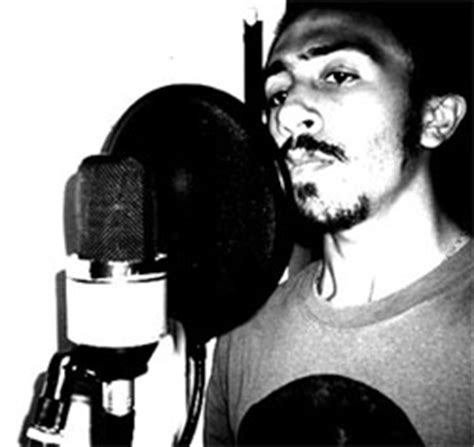A Quote by Sheryl Sandberg
If I didn't write in my journal every couple of days, I felt like I was going to burst. Later I learned the research about how important journaling can be to recovering from trauma and grief. That was definitely true for me.
Related Quotes
If we take a hard look at what poverty is, its nature, it's not pretty - it's full of trauma. And we're able to accept trauma with certain groups, like with soldiers, for instance - we understand that they face trauma and that trauma can be connected to things like depression or acts of violence later on in life.
Almost every morning I write in my journal. I've been keeping it for a long time - I've filled more than 50 books. I write about what's going on in my personal and spiritual life or what's going on at work. It helps me keep things in perspective, especially when things get crazy or I get stressed or we have obstacles.
I discovered is that I have a couple of valves that were leaky and had been giving, gave me a problem then. But I hadn't noticed anything up until then.A couple of incidents of shortness of breath and checked myself into a hospital, but that one in France really sat me down for a few minutes - a very few minutes, because seven days later I was in the studio, and eight days later, I was no the stage.



































